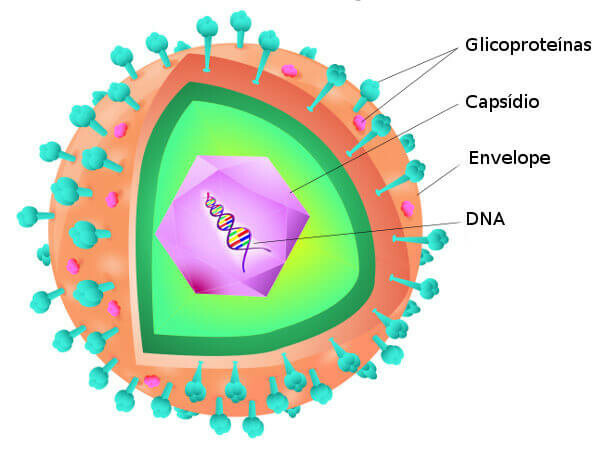That our planet faces serious environmental problems, it's not a secret for anyone, is it? Furthermore, it is also no secret that most of the problems occur as a result of human action, which deforests, pollutes and overuses all the resources that the planet offers.
Although it seems utopian, we can, yes, reduce environmental problems and prevent more serious problems from occurring! If every citizen started today to change their habits in relation to the Earth, we would be able to reduce our negative impact and, thus, improve the conditions of the environment.
To help with this arduous task, we have separated 10 attitudes that can save the planet:
1. Save water!Save water it's a pretty simple task. For this, it is enough that some day-to-day practices are changed. Some of the most important points are: reduce bathing time and check your home for water leaks. In addition, taking advantage of rainwater and reusing water from the washing machine are also great tips!
2. Save energy. To save energy, it is important to remember to only turn on the necessary electrical appliances. When using the computer, for example, it is not necessary to turn on the television. Another important point is, when leaving an environment, check if the light is on and, if so, turn it off. Reducing bathing time is also an important energy-saving tip.
3. Always dispose of garbage correctly. discard the trash properly prevents pollution and even the spread of disease. By throwing garbage in a vacant lot, for example, you may be contributing to the increase in the population of rats, cockroaches and even dengue mosquitoes.
4. Recycle your trash.This measure avoids the unnecessary waste of natural resources and also helps to reduce the concentration of waste in the environment.
Do not stop now... There's more after the advertising ;)
5. Preserve native vegetation and waterways. By avoiding deforestation and altering water courses, for example, we are helping to maintain biodiversity. Keep in mind that streams and preserved vegetation are home to several important species.
6. Use vehicle only when necessary. Cars are responsible for releasing a large amount of pollutants into the atmosphere, so restricting their use is important. If your destination is nearby, why not go on foot? It is important to remember that people who own a car must always carry out maintenance on the vehicle to prevent more pollutants from being released.
7. Avoid consumerism. The key to this point is to always ask: “Do I really need this?” Sometimes we buy things that we don't need at that moment and we contribute to the intensive use of natural resources.
8. Whenever possible, opt for organic food. When choosing organic food (free of pesticides), we are not only protecting our health, but also the environment, which is free of these products.
9. Do not buy or sell wild animals. O animal trafficking it is a serious global problem that directly affects the biodiversity of a region and may even lead to extinction.
10. Inform others.Ensuring a healthy environment is a task for all of us and, therefore, it is essential that information is passed on to all spheres of a population. Today's children, for example, will be the ones who will suffer most from the consequences of the negative impact of man on nature, so they must be informed about ways to reverse this situation.
By Ma. Vanessa dos Santos
Would you like to reference this text in a school or academic work? Look:
SANTOS, Vanessa Sardinha dos. "10 attitudes that can save the planet"; Brazil School. Available in: https://brasilescola.uol.com.br/biologia/10-atitudes-que-podem-salvar-planeta.htm. Accessed on June 27, 2021.


